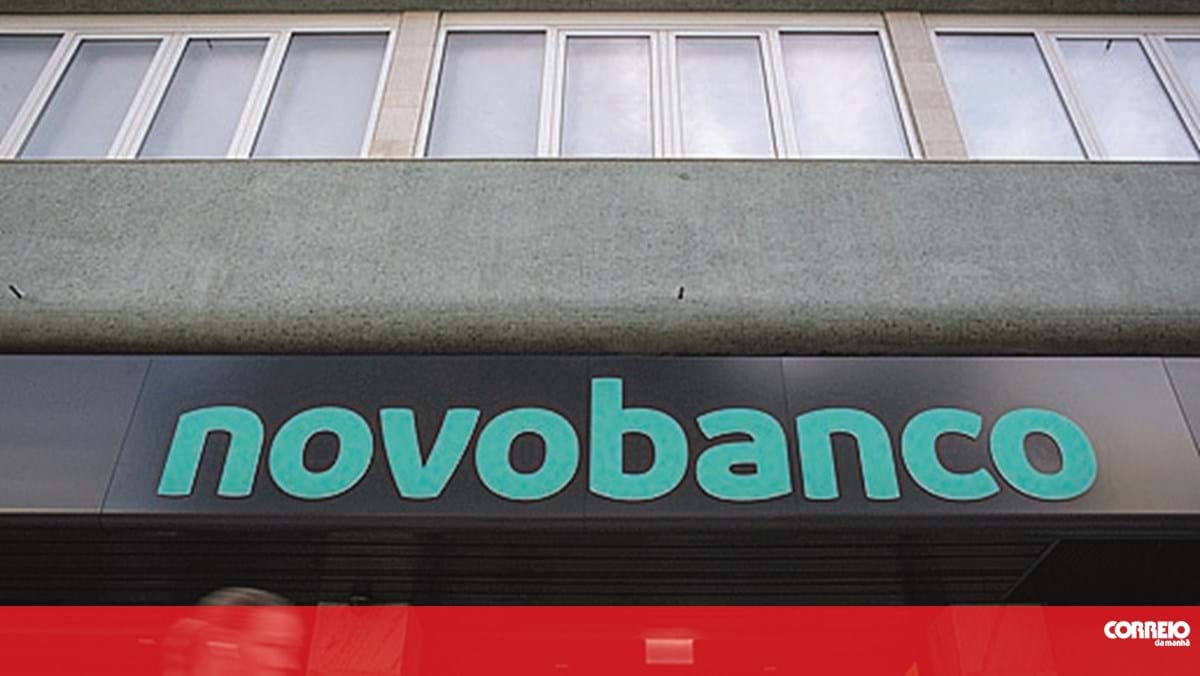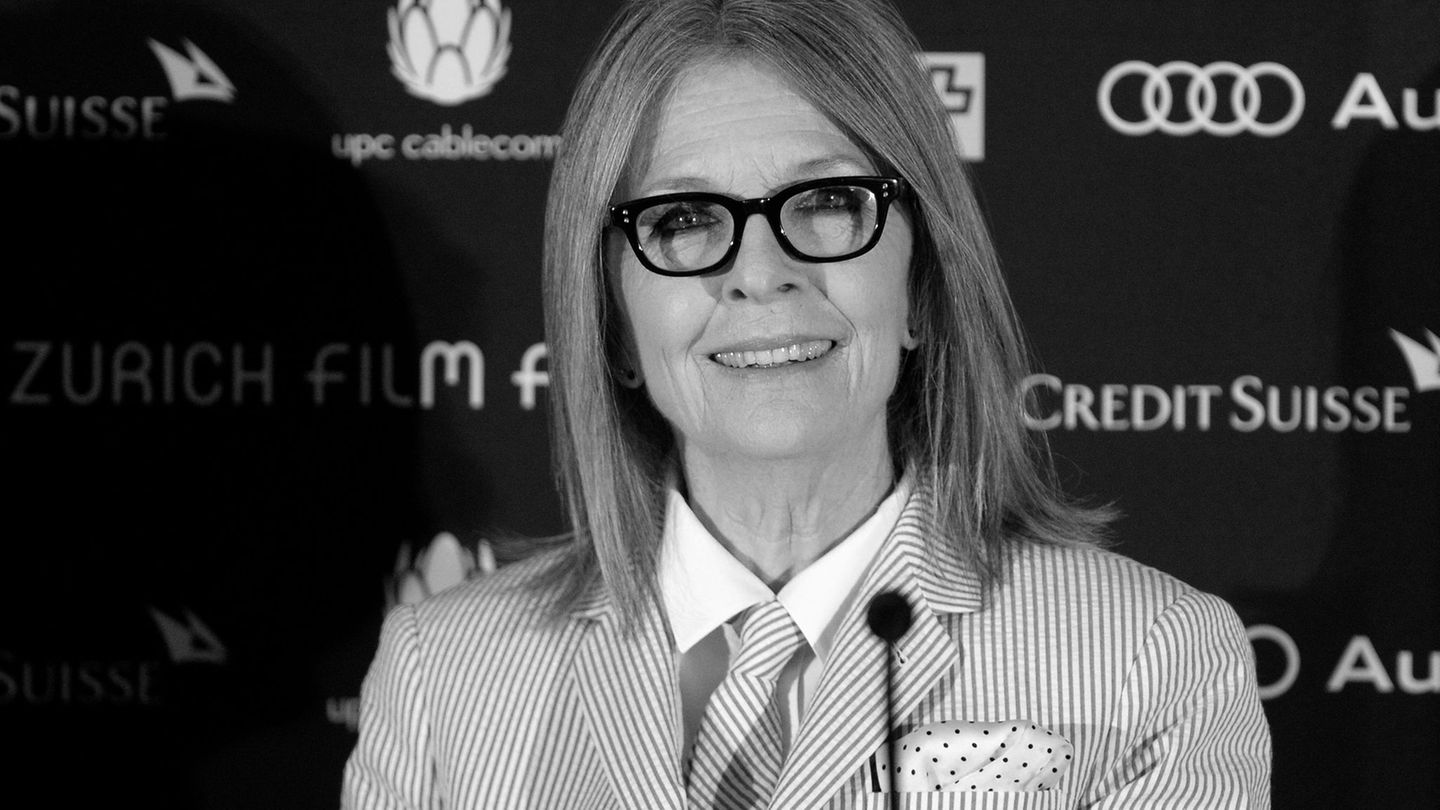This Wednesday, Novo Banco ensured that it had “assessed the Spanish branch before it was sold”, completing the process “as late as possible” due to “the uncertainty that has existed in the market in recent years.”
In a statement released following Deloitte’s third special audit report on Tuesday, the bank justified the sale process.
“The Spanish branch has accumulated consecutive losses since 2014 totaling 578 million euros, as stated in the report, despite the various restructuring processes implemented, cost structure reductions and network and employee reductions over this seven-year period. “, emphasized the institution, emphasizing that “this circumstance in itself justifies the start of the sale process.”
As such, “the bank has decided to initiate the sale or liquidation process and has opted to evaluate these alternatives as late as possible, given the situation of uncertainty that has existed in the market in recent years,” he said, pointing out that “this assessment was submitted on October 28, 2020, before the official decision to sell.
Deloitte’s filing states that Novo Banco did not conduct all of its counterparty and/or conflict of interest analyzes in the sale of its Spanish operation.
“With regard to the process for the sale of the Spanish subsidiary, not all counterparty and/or conflict of interest analysis procedures have been completed, as defined in the applicable rules, namely when hiring consultants,” the report says.
In a statement released this Wednesday, Novo Banco ensured that “the reasons, rationale and justification for the sale are well stated on page 35 of the report when Deloite explains the decisions made at the Oct. 21 executive board meeting. 02/28/2020, where a decision was made to sell rather than liquidate, as it was more profitable for the bank.”
At the same time, as he substantiated, “on conflicts of interest, the references in the report refer to the analysis of conflicts of interest in relation to the consultants involved, but that Deloitte itself refers, “despite this, CAE [Conselho de Administração Executivo] Novo Banco did an analysis before hiring consultants, moving on to approve this.”
According to the bank, “there is no other conflict of interest”, and “in particular, in the case of the sale of Abanca, as Deloitte mentions that this counterparty was assessed, but also that it was analyzed. and authorized by the competent regulatory body, in this case the Bank of Spain”.
The report highlights that prior to June 2020, Novo Banco’s existing internal policies or regulations did not define an obligation to systematically analyze purchasing entities that were involved in the sale processes of participating entities, nor at the level of analysis of cash-related counterparties. money laundering, both in terms of conflicts of interest and related parties, “despite the existence of policies, rules and procedures that have guided the general principles of these matters.”
Regulations on the procedures to be followed were published in June 2020, and in relation to the sale of the operation in Spain, they were not fully applied.
“However, CAE [Conselho de Administração Executivo] Novo Banco conducted a review prior to hiring consultants, moving on to the relevant assertion,” the report says, adding that “analysis of counterparties conducted by the Compliance Department, in terms of money laundering and conflict of interest, about persons acquiring portfolios, did not identify individuals or entities associated with Novo Banco or Lone Star.”
On November 30, 2021, Novo Banco announced the completion of the sale of the Spanish branch of Abanca Corporación Bancaria, SA, which includes retail, private banking and SME operations.
Author: Lusa
Source: CM Jornal




